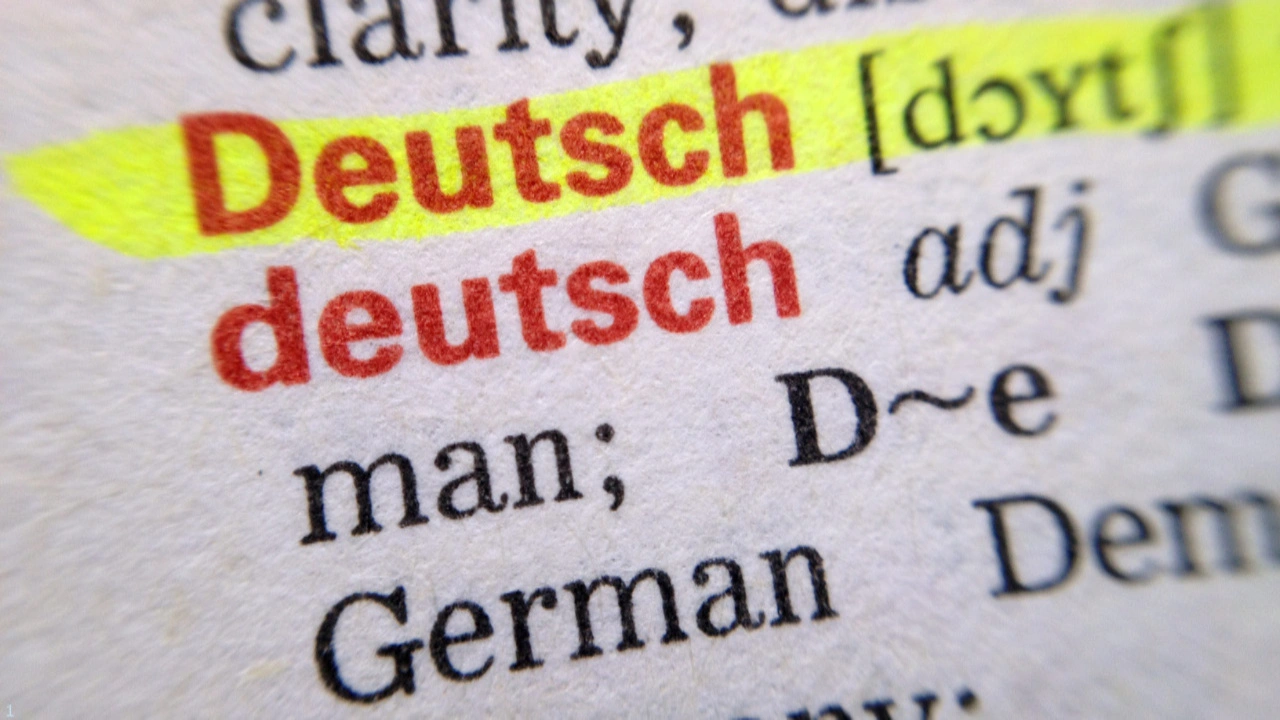- Home
- Cousres
- LANGUAGES
- Coding & Tech
- Coding For Kids
- Python
- ASP . NET
- Java
- C & C++
- PHP
- Flutter
- Web Designing
- Data Analysis
- SQL/MySQL
- Visual Basic
- Full-Stack
- Dart
- DevOps
- Graphics Designing
- Digital Marketing
- SEO
- Angular JS
- Sales & Marketing
- ChatGPT
- AI And ML Training
- Prompt Engineering
- Power Automate
- Power BI
- MS-Office
- Node JS
- React JS
- Advanced Excel
- Computer Hardware & Networking
- Desktop Publishing
- IELTS, TOEFL, PTE
- TEF
- GRE & GMAT
- Corporate Traning
- Blog
- Contact
- Online Payments








